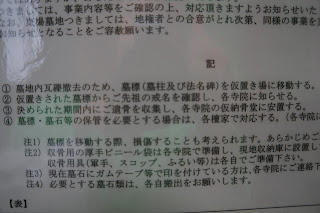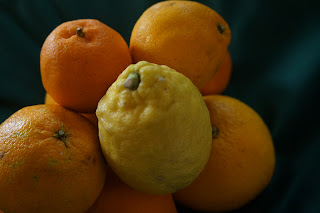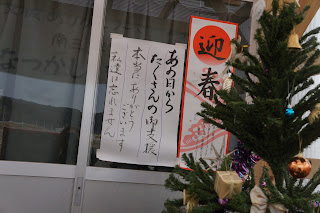




MIYAGI JO-NET (Miyagi Women’s Support Network) is a non-profit organisation supporting women in the Tohoku area that was devastated by the earthquake and tsunami on March 11, 2011. We aim to connect the women in the affected areas with women and supporters from around Japan and the world. To this end, we are cooperating with various other women’s and relief organisations. Our many projects are designed to help women individually in reconstructing their lives and livelihoods. We thereby hope to brighten their everyday a little bit. We also collect relief/support goods and other donations to distribute them among the women and families affected by the disaster. Through regular meetings, our ‘salons,’ and consultations, we gain insight into women’s needs and concerns, and propose adequate measures to local and regional administrations.
Many of Miyagi Jonet’s members are women affected themselves by the disaster.









































